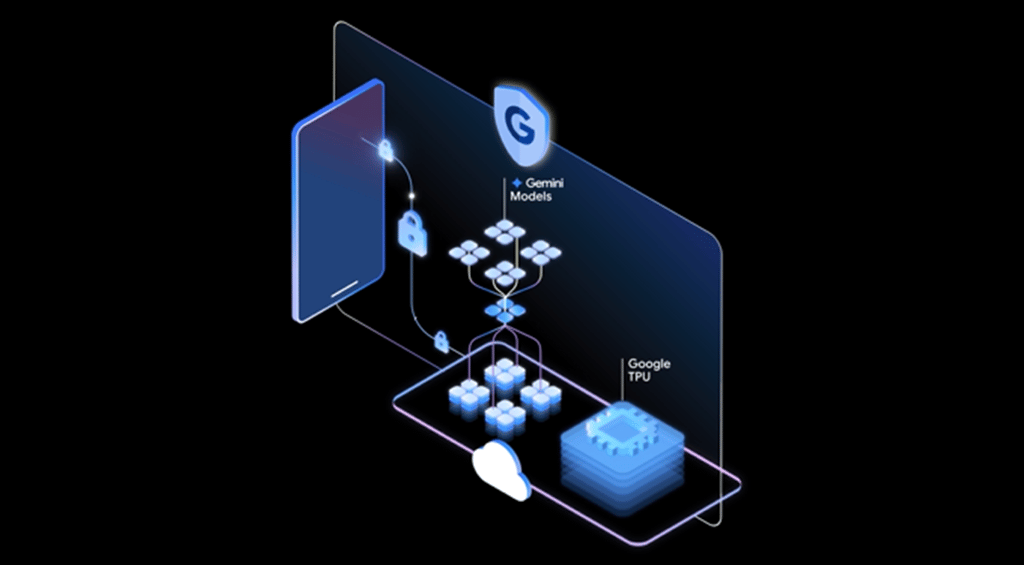Many companies are embarking on critical business transformations to increase their competitive advantage and profitability — these initiatives also require a data transformation to match their new business model, including establishing proper information governance to be successful. While the latest cloud, AI and BI tools can certainly help businesses get the upper hand on competition, […]
Datamation content and product recommendations are
editorially independent. We may make money when you click on links
to our partners.
Learn More
Many companies are embarking on critical business transformations to increase their competitive advantage and profitability — these initiatives also require a data transformation to match their new business model, including establishing proper information governance to be successful. While the latest cloud, AI and BI tools can certainly help businesses get the upper hand on competition, operate more effectively and generate predictive analytics, they are mostly useless if bad data is being fed into them – rendering invalid results that are then used to make misinformed business decisions.
To establish a baseline of consistent data quality, many companies use a Center of Excellence model for information governance with a small group of stakeholders; however new technologies allow for more modern approaches by leveraging machine learning and AI capabilities. The result? The rise of crowdsourced information governance — empowering a company’s hundreds or thousands of business users to collectively improve the value of overall corporate data — and using it as key driver for business transformation.
Leverage Organization-Wide Tribal Knowledge
As large organizations have thousands of possible business data contributors throughout their various departments worldwide, the potential for capturing the value of individuals’ tribal knowledge is immense. By first establishing a centralized information governance initiative with standardized processes, data processes, definitions and rules, companies are streamlining the way all members of their organizations interact with and curate data across various systems and departments.
Once all business users are speaking the same data language, savvy organizations can take this foundation of information governance to the next level by applying machine learning. The result is a “synthetic consultant” – an algorithm that synthesizes and curates business users’ collective knowledge and data best practices to help an organization establish and benefit from repeatable processes that build on its resources’ ever-evolving knowledge bases. Applying crowdsourced automation also allows organizations to improve their ability to scale data management best practices and ensure corporate data is reliable and up to date across all departments. This generates a reliable and validated body of corporate data that can be trusted to inform better business decisions and outcomes.
Create World-Class Crowdsourced Information Governance
Establishing a world-class crowdsourced information governance initiative requires a dedicated effort and targeted business processes across an organization. This includes establishing a baseline community of interest within the organization that aligns with business goals and setting proper information governance policies and enforcement to drive intended results across the organization. It also means setting up processes for identifying data errors, assigning ownership to relevant business data owners, and establishing effective and rapid remediation procedures.
Once the internal community of interest is established, organizations may wish to expand their crowdsourced efforts by incorporating the deep guidance realized from other companies in similar industries. For example, if an organization specializes in the finance and banking industry, it will be required to adhere to numerous IFRS and GAAP regulations. With a crowdsourced information governance initiative that connects into aggregate data libraries from similar organizations and perhaps even third-party industry experts, companies can more effectively stay in the loop on the latest industry challenges and regulations by loading specific industry policies, benchmarks and rules into their machine learning environment.
Ultimately companies that take a crowdsourced approach to information governance are able to utilize the collective knowledge of their business data contributors to elevate the impact of their organizations’ business transformations. Rather than approaching business transformation from a siloed, department-specific view, these organizations are successfully employing automation to plug business users into the transformation effort and give them a real stake in its long-term success.
About the author:
Rex Ahlstrom, Chief Strategy and Technology Officer, BackOffice Associates
-
Huawei’s AI Update: Things Are Moving Faster Than We Think
FEATURE | By Rob Enderle,
December 04, 2020
-
Keeping Machine Learning Algorithms Honest in the ‘Ethics-First’ Era
ARTIFICIAL INTELLIGENCE | By Guest Author,
November 18, 2020
-
Key Trends in Chatbots and RPA
FEATURE | By Guest Author,
November 10, 2020
-
Top 10 AIOps Companies
FEATURE | By Samuel Greengard,
November 05, 2020
-
What is Text Analysis?
ARTIFICIAL INTELLIGENCE | By Guest Author,
November 02, 2020
-
How Intel’s Work With Autonomous Cars Could Redefine General Purpose AI
ARTIFICIAL INTELLIGENCE | By Rob Enderle,
October 29, 2020
-
Dell Technologies World: Weaving Together Human And Machine Interaction For AI And Robotics
ARTIFICIAL INTELLIGENCE | By Rob Enderle,
October 23, 2020
-
The Super Moderator, or How IBM Project Debater Could Save Social Media
FEATURE | By Rob Enderle,
October 16, 2020
-
Top 10 Chatbot Platforms
FEATURE | By Cynthia Harvey,
October 07, 2020
-
Finding a Career Path in AI
ARTIFICIAL INTELLIGENCE | By Guest Author,
October 05, 2020
-
CIOs Discuss the Promise of AI and Data Science
FEATURE | By Guest Author,
September 25, 2020
-
Microsoft Is Building An AI Product That Could Predict The Future
FEATURE | By Rob Enderle,
September 25, 2020
-
Top 10 Machine Learning Companies 2020
FEATURE | By Cynthia Harvey,
September 22, 2020
-
NVIDIA and ARM: Massively Changing The AI Landscape
ARTIFICIAL INTELLIGENCE | By Rob Enderle,
September 18, 2020
-
Continuous Intelligence: Expert Discussion [Video and Podcast]
ARTIFICIAL INTELLIGENCE | By James Maguire,
September 14, 2020
-
Artificial Intelligence: Governance and Ethics [Video]
ARTIFICIAL INTELLIGENCE | By James Maguire,
September 13, 2020
-
IBM Watson At The US Open: Showcasing The Power Of A Mature Enterprise-Class AI
FEATURE | By Rob Enderle,
September 11, 2020
-
Artificial Intelligence: Perception vs. Reality
FEATURE | By James Maguire,
September 09, 2020
-
Anticipating The Coming Wave Of AI Enhanced PCs
FEATURE | By Rob Enderle,
September 05, 2020
-
The Critical Nature Of IBM’s NLP (Natural Language Processing) Effort
ARTIFICIAL INTELLIGENCE | By Rob Enderle,
August 14, 2020
SEE ALL
BIG DATA ARTICLES







